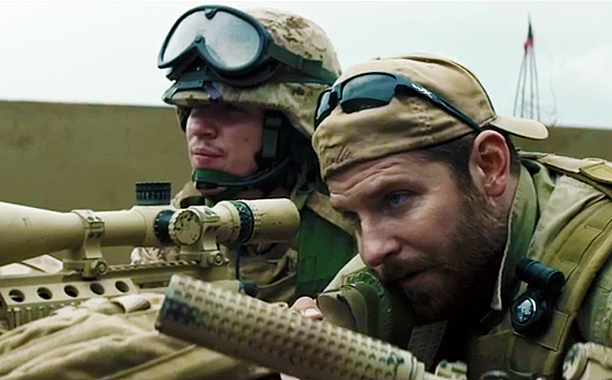However, being Blacklisted in real life, is not like the enticing hit series on Netflix. You are not chased by the FBI or by Raymond Reddington (Red). (If you are being chased and need to flee the country, a guide here.)
Instead, if you are Blacklisted, this means someone, or some corporation, is tarnishing your name, attempting to destroy your ability to get a job. The real life scenario is not akin to Red hunting you down with his eloquent charm and reason. It is more like him shaking his fist and yelling "You'll never get a job in this town again!"
Sounds archaic? It happens.
In Utah, the Blacklist law (Utah Code Ann. §§ 34-24-1 to 34-24-2) says this:
Blacklisting or publishing the name of any former employee with the intent of preventing the employee from obtaining employment is prohibited.Although, in many cases, you could sue for defamation, suing under the Blacklist Law has a huge advantage: you do not have to prove that you suffered actual harm (like not being hired). This is often the most difficult part of defamation cases. Instead, you just prove that your name was Blacklisted and you win. (this is equivalent to proving 1/3 of a defamation case.)
 Also, suing someone under the Blacklist Law is much more badass than defamation. (And Likely James-Spader-approved)
Also, suing someone under the Blacklist Law is much more badass than defamation. (And Likely James-Spader-approved)If you are consistently on the verge of being hired for a job, then suddenly rejected, you could have been Blacklisted. Don't take it sitting down. Get help from an attorney, and keep watching that addicting, suspenseful show - THE BLACKLIST.
As Always, Thanks for Reading.



